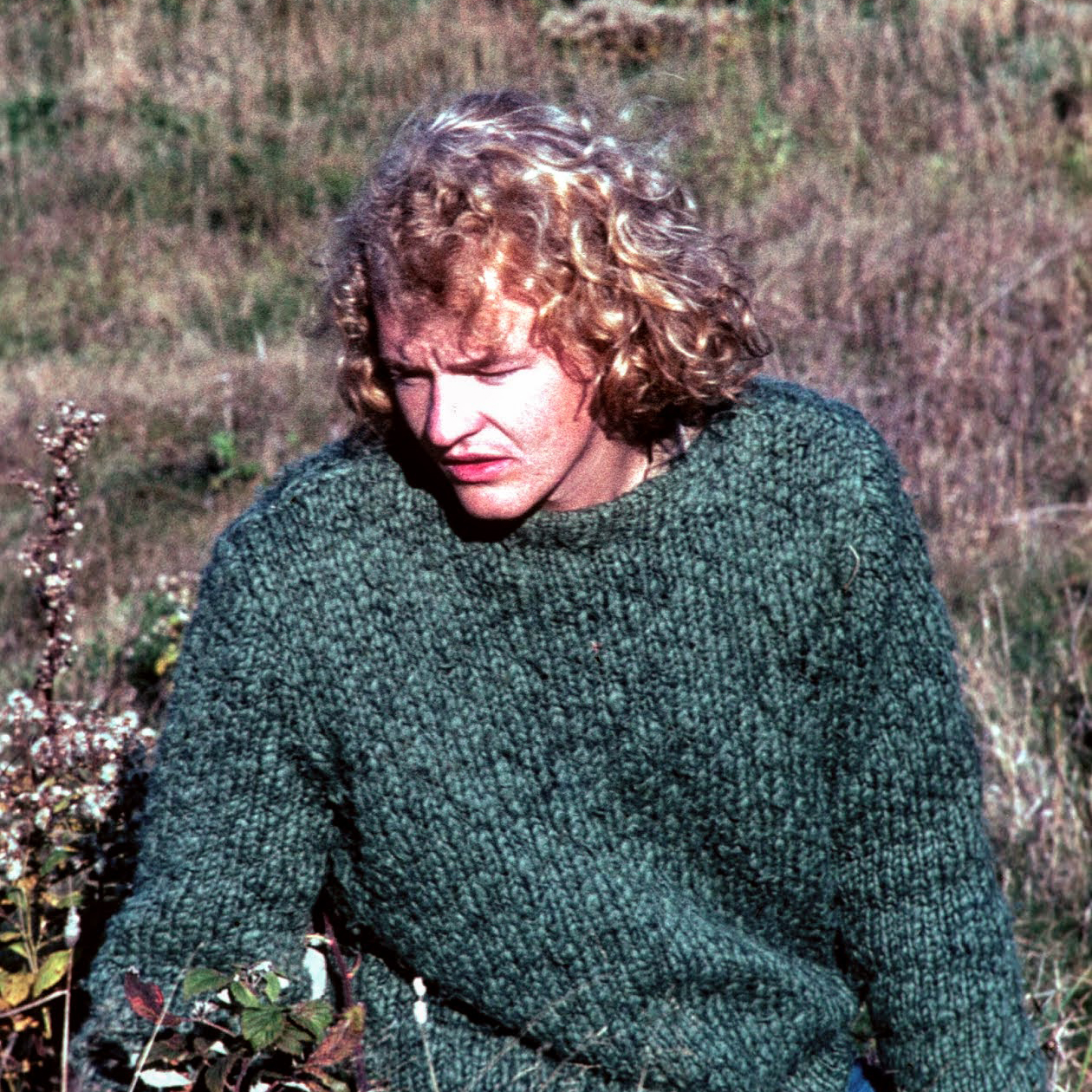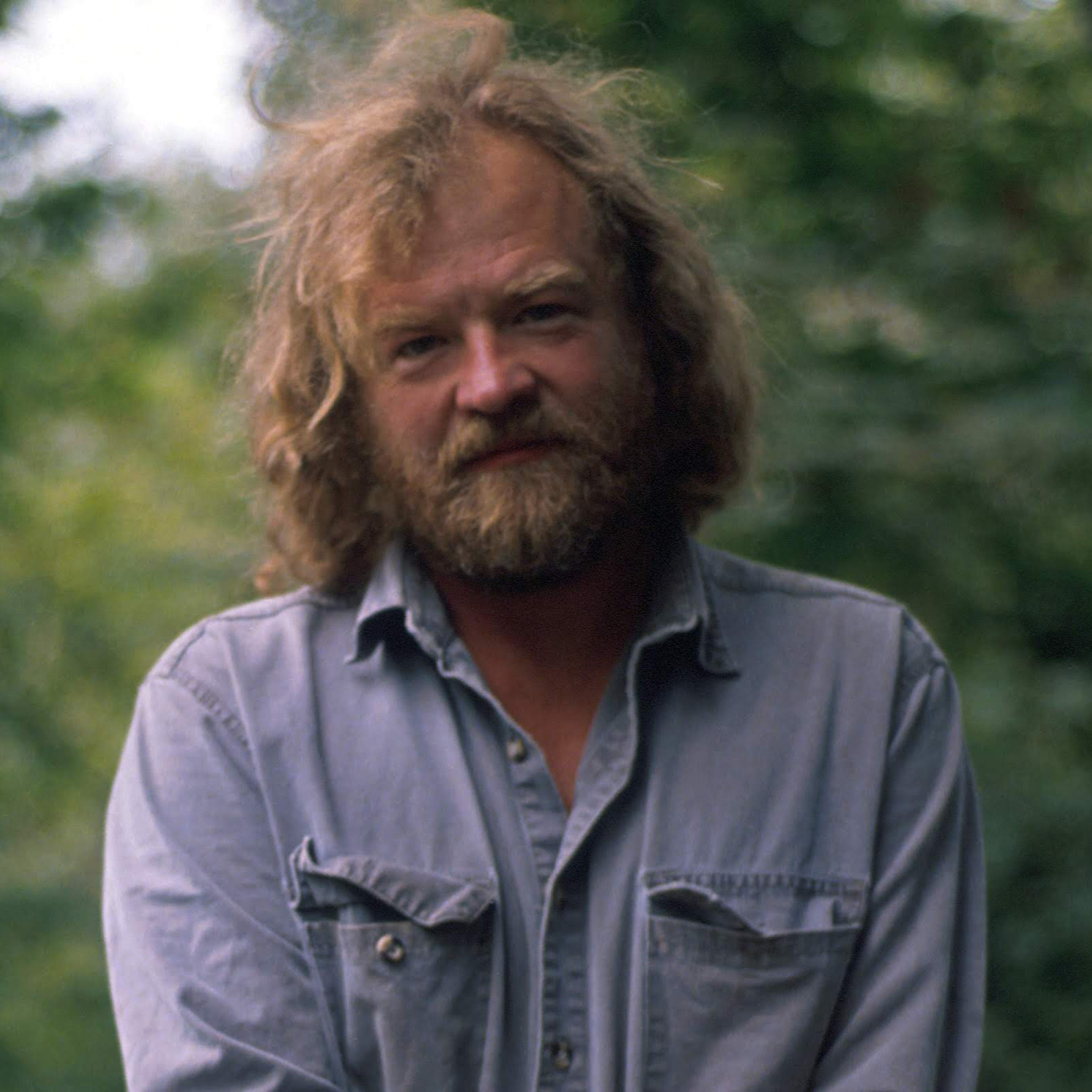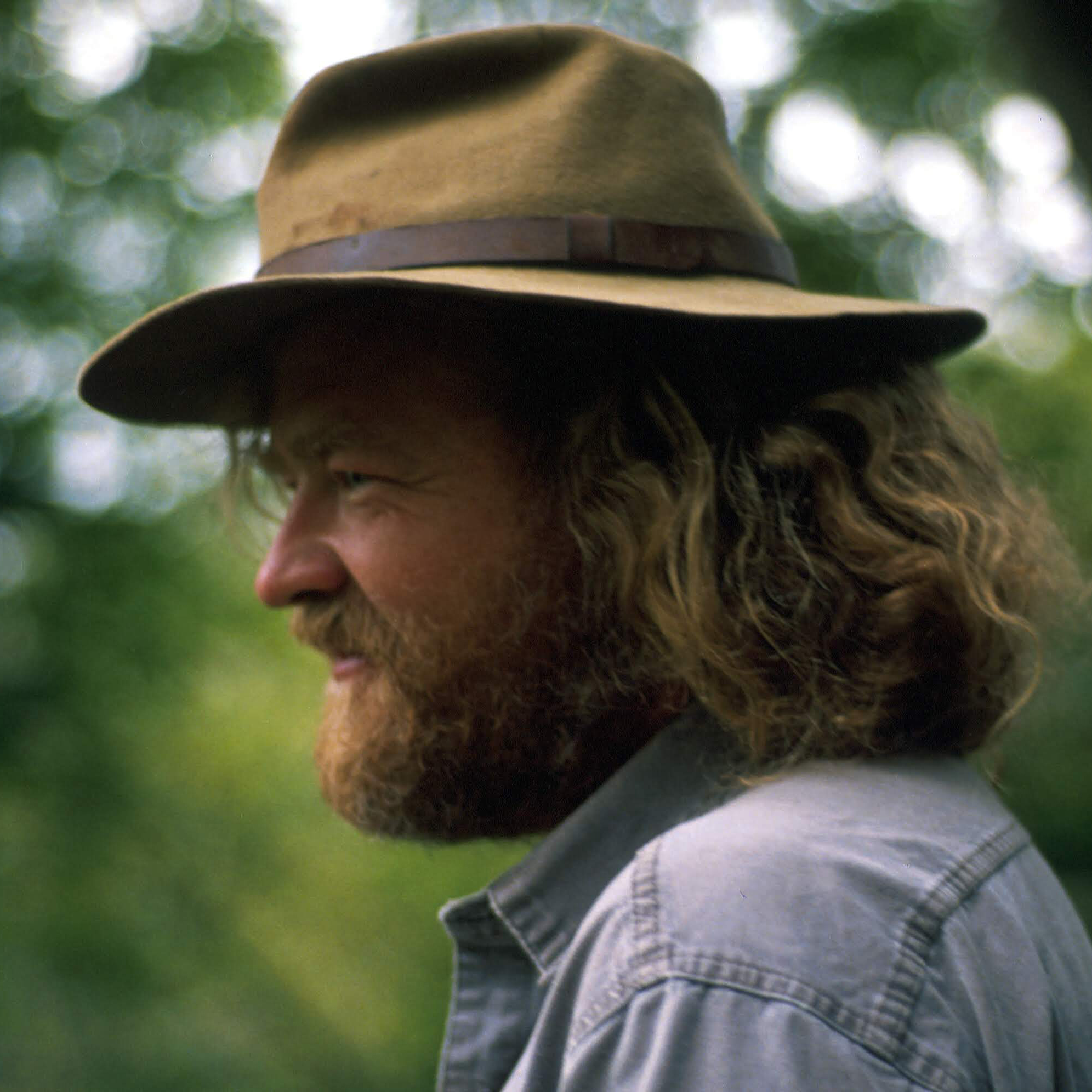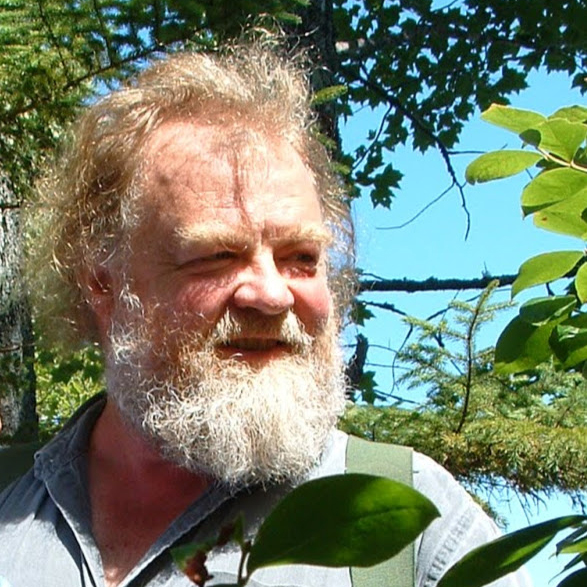


|

|

|

|
Garrett Mitchell Odell (4 April 1943 - 10 May 2018) |
To face life’s ending with the same clear-eyed appraisal of reality that characterizes a life in science requires great courage. Inspired by our hero Garrett Mitchell Odell (4 April 1943 — 10 May 2018), two members of the former Center for Cell Dynamics wrote this elegy. It comforted him and us in his final days; and we offer it here in the hope that it will begin to address the dearth of a liturgy for people of science.
We are scientists; we seek to know the world as it truly is, with wide-open minds eager to grapple with the surprising and the counterintuitive. Our tools include reason and doubt; experimentation and simulation; mathematics; and instruments
that extend perception beyond the reach of our nature-given senses.
There are times we know more than it seems we can bear.
Each of us is a miracle of coherence, made of star-stuff elaborated from ancient cataclysms. We are thus intimately part of the vast unfolding cosmos, whose beginning and working we have probed but whose ends remain mysterious. In its
thirteen billion-year span we know of only one blue watery world where life has arisen, though we suspect there have been and will be a great many more. Here on Earth, life teemed through the seas and carpeted the bare rock, and in joyous
striving soared aloft into the thin and sunlight air.
Atom to molecule, organic molecule to self-replicating enzyme, to enclosed cell and thence to commonwealths of cells with a shared purpose, and finally to awareness of self and other — this has been the journey of four billion years thus far. From out of this exquisitely ordered star-stuff our awakened selves emerge, which is and should be a continual source of wonder. We are each given a span of time to interact with this glorious world. Moreover, the gift of language has allowed us to open our minds to one another to an astonishing degree. More recently, through writing and other media we are able to share the thoughts, experiences, and dreams of people from across this enormous planet and stretching thousands of years back in time.
Ours is a rich and verdant world, with much strife but also much cooperation, tightly knit symbiotic links, unselfish courage, and love. We are not the only species whose parents and children love one another greatly, and form lifelong bonds whose sundering is worse than death. We are not the only tool-users, nor the only ones who use language. But of all of Earth’s multitudes, our species is the only one burdened with the bitter knowledge that we and all those we love will die. The terrible price of our consciousness is the somber truth that whatever we do and however we live, there is no escaping this end.
How is such a thing to be borne?
As scientists, we refuse to falsely console ourselves with fairy tales of an imaginary hereafter where all losses are repaired. So far as we can tell, we are here by no plan, with no higher purpose other than what we ourselves devise. We have no reason to think it is possible to exist apart from our bodies. When they fail, the individual mind that dwells there vanishes. It is a heavy, heavy burden to bear, to know that a precious consciousness must one day come to an end. In truth, our lives are immensely long. To the mayfly, to the sparrow, to the flower of a year we are given such a very great span of time. Could we have ten thousand times as much, would the end be less bitter?
We are nomads wandering this living world for a little while, before flaring out like sparks. Each of us is unique, shaped by an idiosyncratic sequence of genetic code and by a deeply personal life story. During our lives the chance insults of time accumulate, cell by cell and DNA strand by DNA strand, until our internal templates become too faulty to direct our body’s coherence. Even if we manage to protect ourselves from every external injury and infection, we will at last succumb to these inmost calamities of the chromosomes.
The only renewal possible to us is through the generation of new life. Our DNA woven together with another’s can mend its brokenness. We cannot persist for all time, but we can bring new beings into this beautiful world, each an utterly unique creation never to be seen before or after.
We may also take some comfort in that, because we are creatures who use symbolic language, we have children not only of the flesh but also of the spirit. For we pass on our stories, our insights and genius, our hard-won discoveries and our art, as well as our genes. In this way too we can heal, strengthen and augment ourselves and one another and quell the terrible ache of loneliness.
All that has ever been goes on, in connections both known and unguessed at, in outspreading ripples whose effects may be damped but which never disappear entirely. The course of each life becomes part of the fabric of the world for all time. Yet this is small comfort to those who will long for the sound of one particular voice and the sight of a beloved face. For we are made to entangle ourselves with one another and we dare to love greatly, even while knowing what great suffering will follow.
We are grateful for this wondrous life, and greatly bitter at its ending. Nothing is left to us then but to cherish one another, to support those who are in sorrow and in pain, to take joy everywhere it is to be found, and to be fully awake to our time under this golden sun.